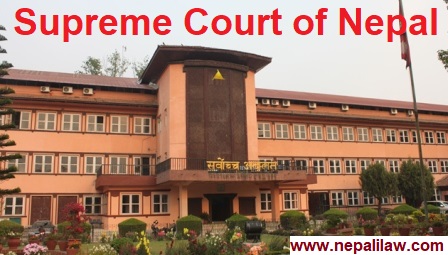In the case of Indra Prasad Khanal Vs. Government of Nepal (NCP 2068, Issue 7, No. 8659), the Supreme Court of Nepal set the following precedents;
Summary of theories and explanations formulated:
In the event that a driver intentionally hits someone and kills a person, the vehicle remains as a means of killing and such an act cannot be considered an accident.
In order to establish recklessness as a necessary element of intent for a crime, one must be aware of the prohibited consequences at the time of the incident, i.e. that the person may die. The fact must be established that such a result was foreseen but not expected.
In some cases, even being careful, doing something with caution can have a negative effect. Such a situation cannot be considered Blameworthy due to the complete lack of criminal intent in the person who commits such an act as an unavoidable accident.
Blameworthiness in a relative crime is determined by the mens rea of the defendant in relation to the crime. Since there are different levels of such crimes, it is imperative to identify and determine the degree of intent to reduce the crime in order to deduce to some extent that the defendant of a particular crime is liable to some extent.
A person who is licensed to drive a vehicle and has experience in driving should be considered to be a person who is naturally aware of the traffic rules, signs and the current situation and circumstances. In such a situation, it is seen that he was driving recklessly and driving under the influence of alcohol without fulfilling his obligation to drive at a controlled speed with full caution.
 Nepali Law A complete legal information portal
Nepali Law A complete legal information portal

